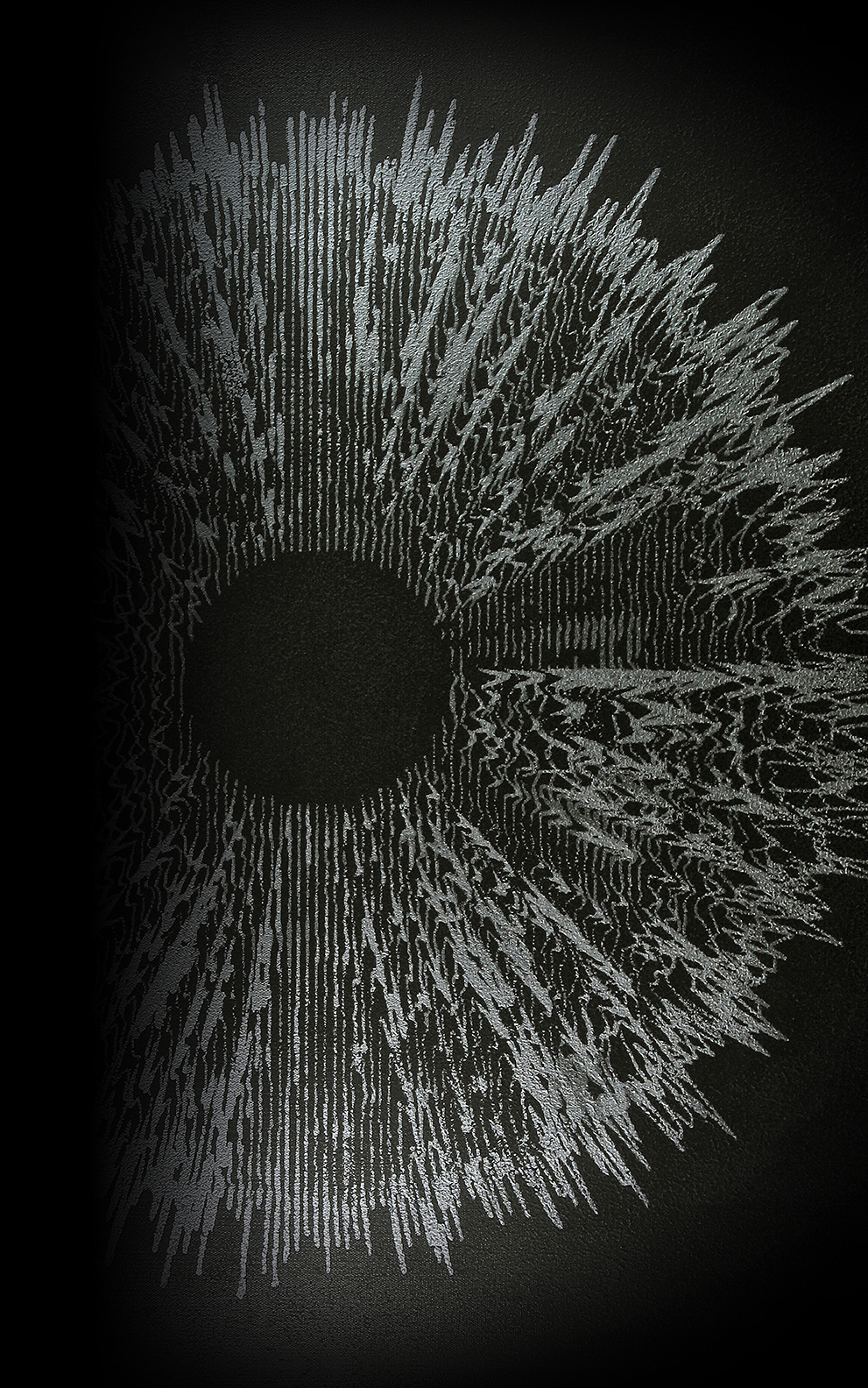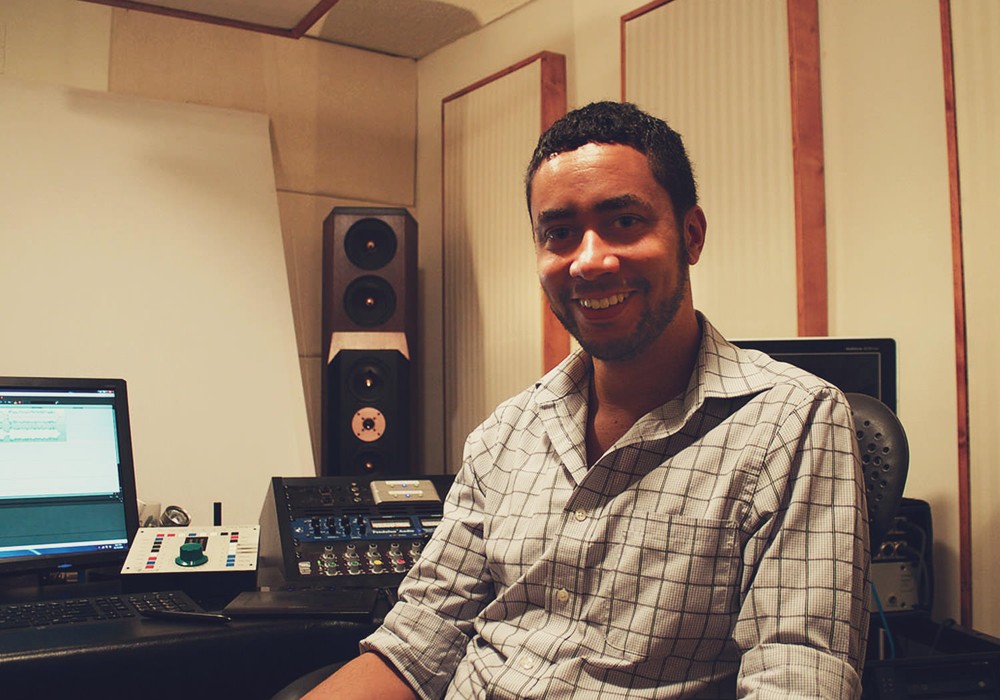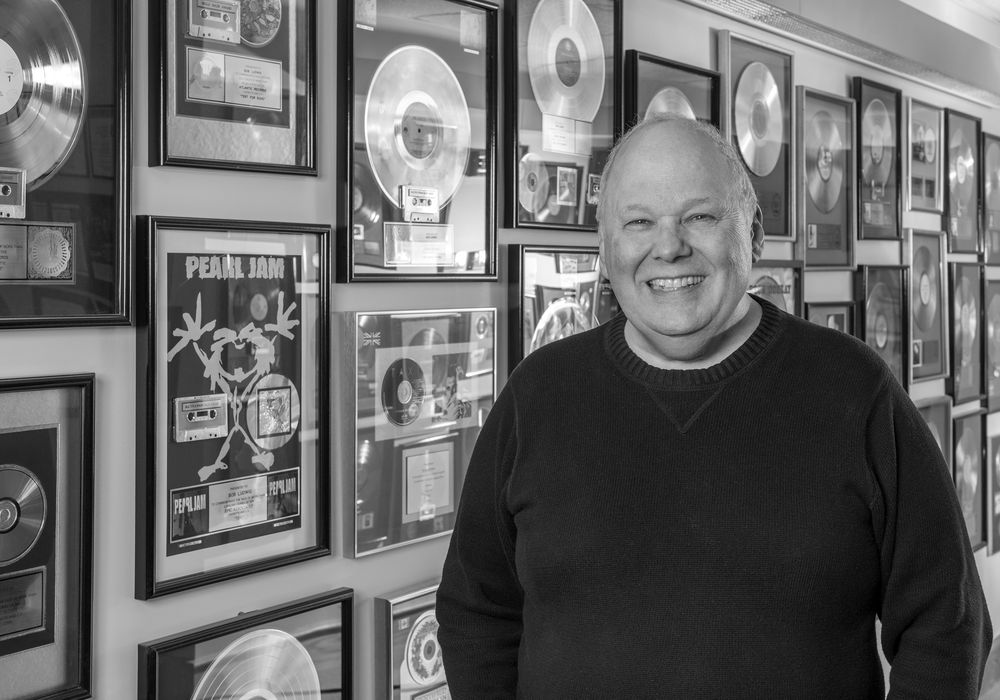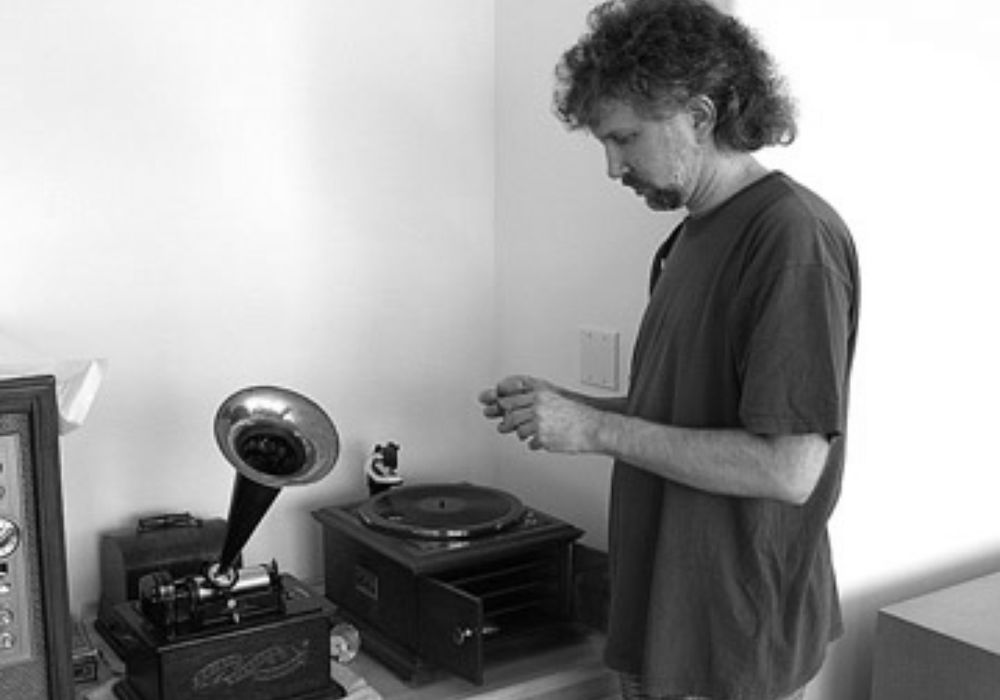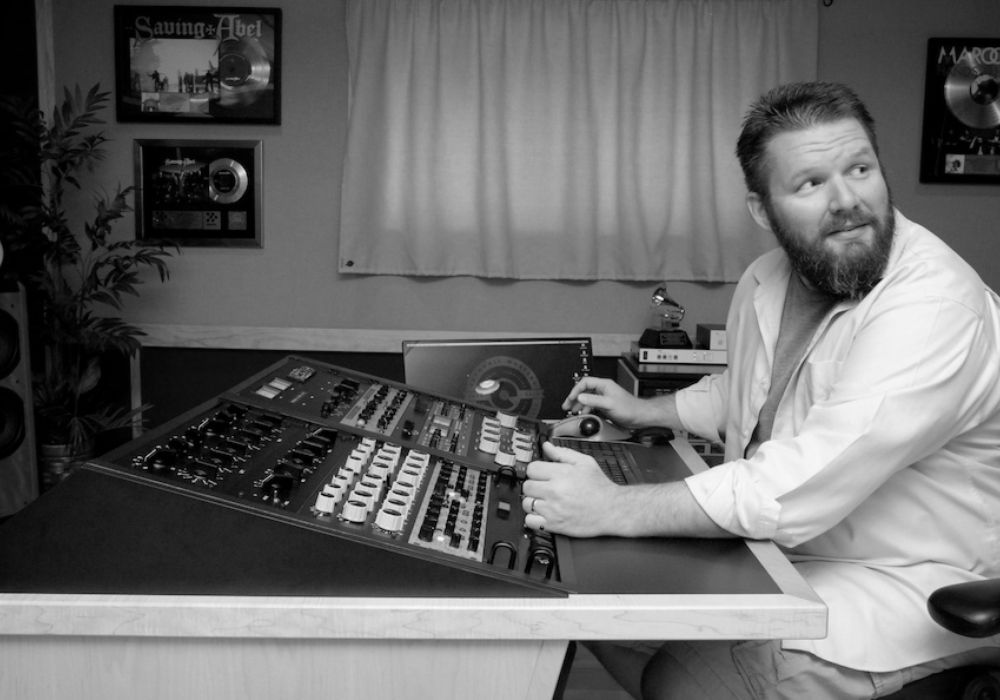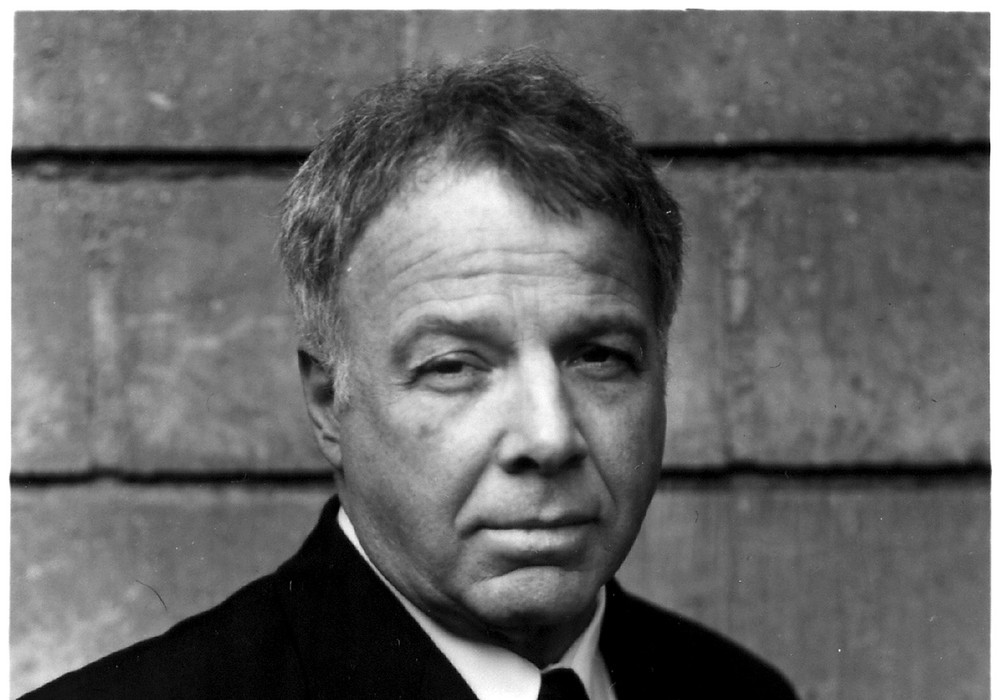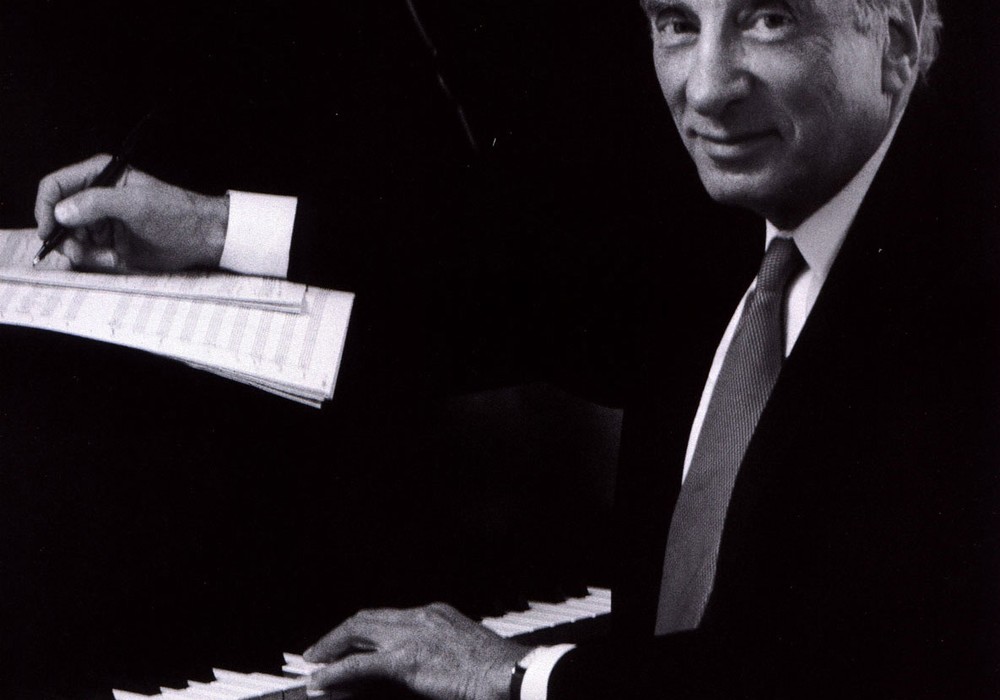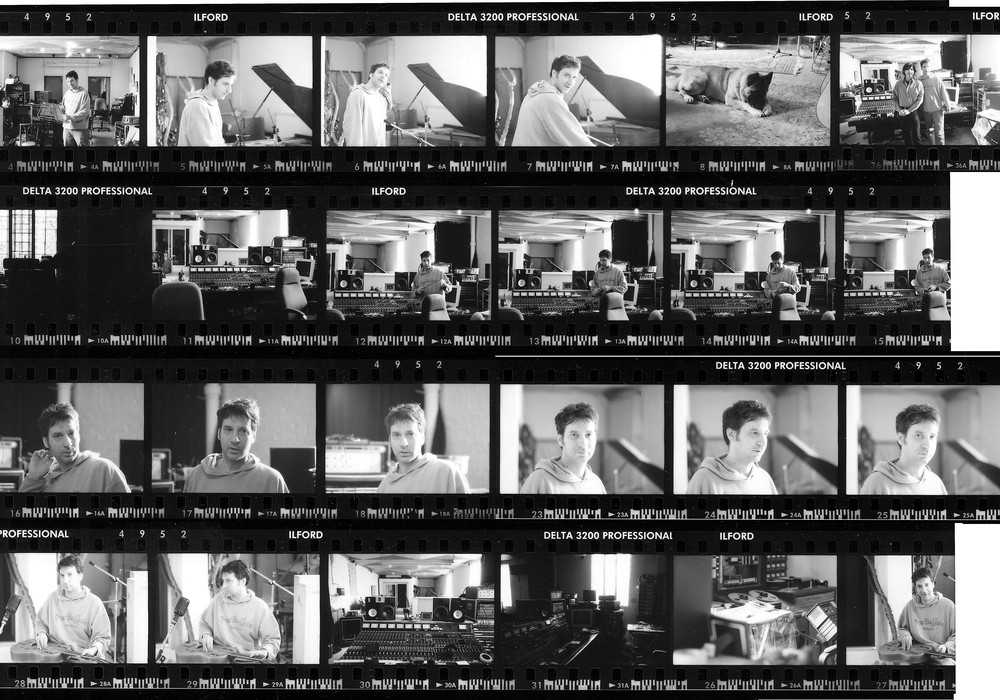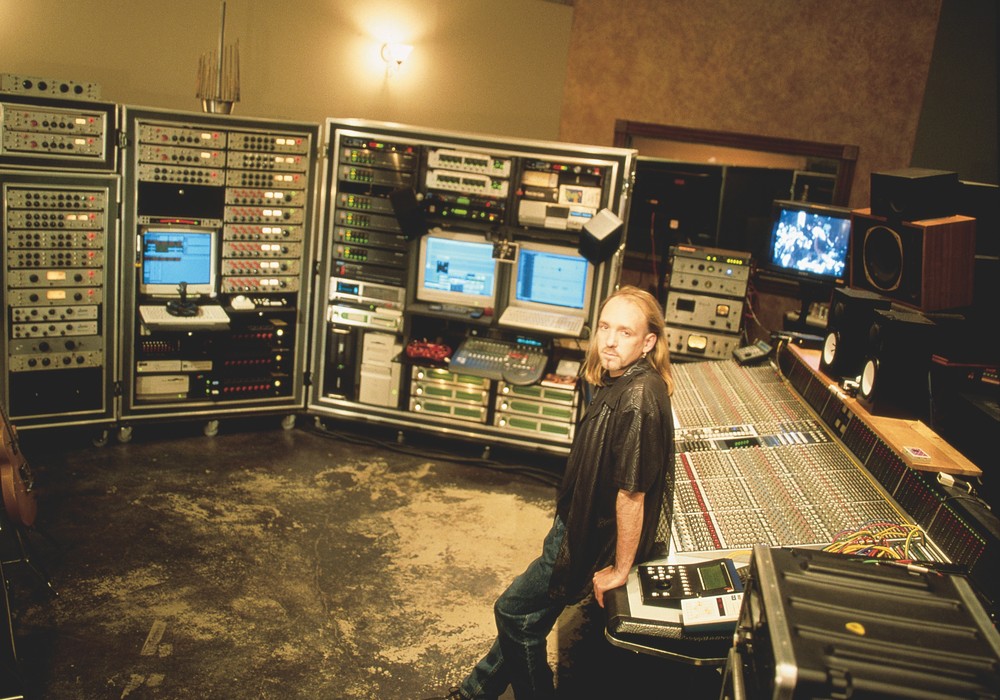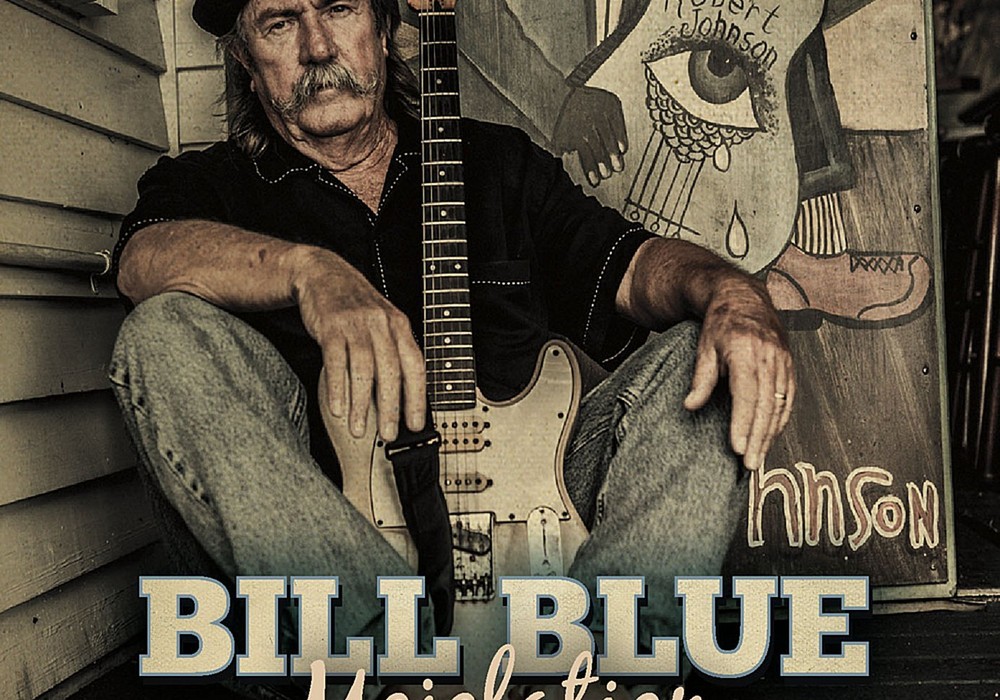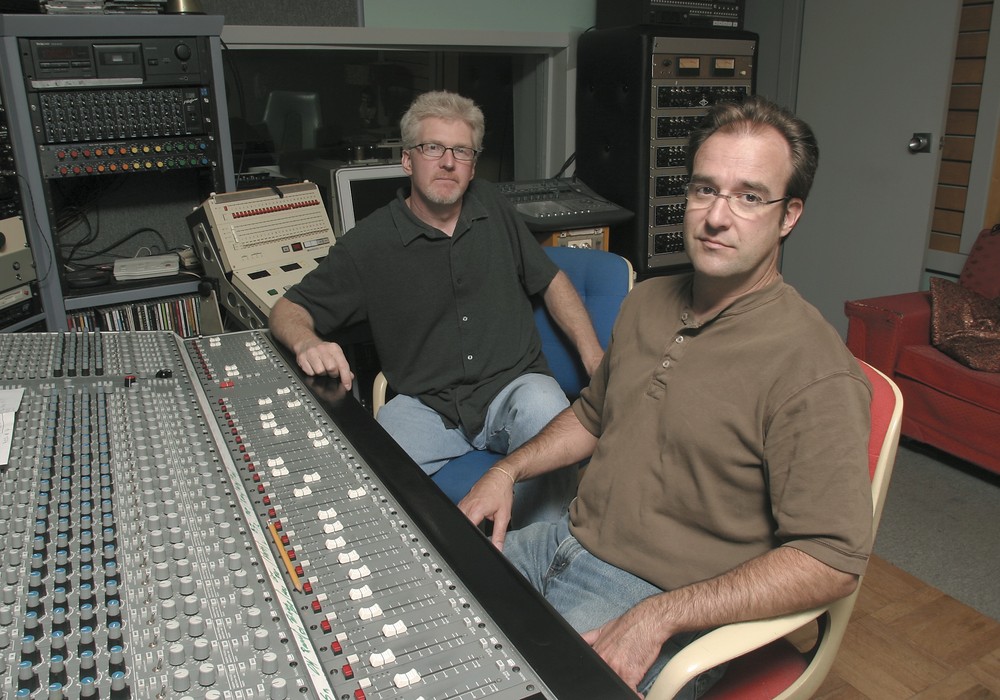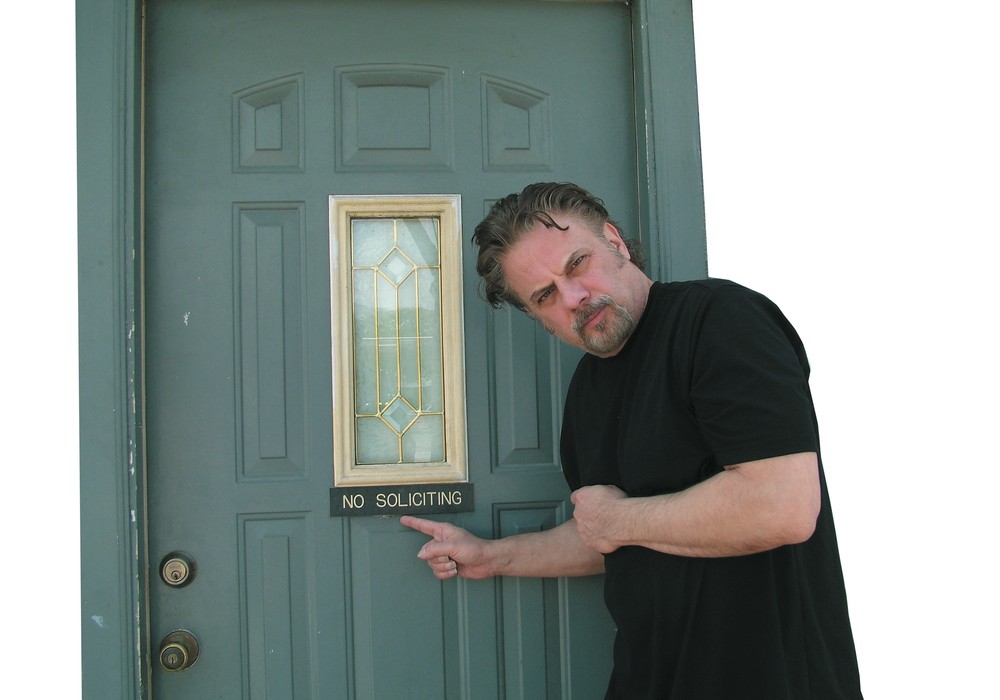Not only is Gebre Waddell the CEO of Soundways [Tape Op #118], he runs Stonebridge Mastering in his hometown of Memphis, created the Refinement plug-in, and is the author of the book, Complete Audio Mastering: Practical Techniques, published by McGraw-Hill.
How did you end up in mastering?
I started mastering around 2001 or 2002. At first I was going to go to law school. I started working with this lawyer here named William Neal Small. As I started doing that, I got more and more mastering clients.
Had you gone to school for audio at all?
No. I have a degree in accounting. I’ve always had a passion for business. So yeah, I started working with that lawyer part time and I was doing mastering part time. My studio’s website ended up being the number one on Google for years. I’d write these resources, and I made a Wordpress theme you could use for a recording studio, because a lot of my clients at the time didn’t have a website. I was like, “Hey, you can use Wordpress. Here’s a theme.” So that blew up, and there were thousands of studios around the world using the Wordpress theme. I wrote this thing called the Digital Publishing Standard because I was trying to figure out, “What should my clients do after they finish mastering?” This was before TuneCore and everything. They didn’t know what to do, so I just wrote this guide that got thousands of hits per day. Google saw this traffic, and that ended up raising the ranking to number one in the world. So if you were in Israel, India, or anywhere, and typed in “mastering studios,” Stonebridge Mastering Studio was the first thing in the organic results.
That’s crazy for somebody in Memphis!
Right here in Memphis. Right here in this room! It’s been 14 years that I’ve done mastering here. I started working in this building, working for William Neal Small as a paralegal, doing the mastering thing part time, and going to school a bit. It was very tough back then, but I made it work. When it came time to either go to law school or continue with the mastering, I had worked with John Tesh, Public Enemy, and a number of other groups. I thought, “I think I’m going to continue going down the mastering path for a while and see how it works out.”
The hardest mastering job is easier than law school.
That’s right.
When did you move into this space in the offices here?
I guess that was around 2006.
Does that work out well, being totally different businesses under the same roof?
Yeah. I haven’t done legal work for many, many years. I did that for the first few years, but I just started renting this space. It’s worked out well. You would think that the lawyers here would be annoyed, but they enjoy it. This is Memphis. The center of what we do is music. It doesn’t make sense in some cities, but here it makes a lot of sense!
That’s so funny. I was just shocked when we walked in. Like, what? That’s crazy.
He rented space to another lawyer, and part of the deal is, “Before you sign this lease, there’s a mastering studio in here. We’re going to play it for you full level, and if you can’t deal with this, you can’t rent here.”
Are you staying busy?
I’m being selective right now about people who I work with. I just don’t have the time, with Soundways, to do as much mastering, but I can’t let go of it. This is the foundation of it all for me. Mastering was it. I wrote my book, Complete Audio Mastering, on mastering. It’s actually the largest publisher ever for a book on mastering. I try to present practical techniques that people can apply. I was in contact with tons of mastering engineers, and got some people that I thought the most of. In Chapter 16, there are contributions. Dave Hill [Crane Song, Tape Op #39] was one of the contributors. Jeff Powell [Tape Op #95]. Robin Schmidt at 24-96 Mastering in Germany. I got Jaakko Viitalähde, in Finland, who’s an incredible mastering engineer. He built most of his gear. Those Chapter 16 contributions are just maybe five percent of the conversations I was having at that time. That book represents to me a menu of virtually everyone’s techniques, so that you can pick what it is that will define you and your way of working. We’re currently working on a book about how to develop audio software that does a deep dive into the technical aspects, because that’s not really available anywhere.
It’s amazing how many different approaches to mastering there are.
The element of workflow is the most amazing thing to me about audio production. If you make tweaks there, it’s more powerful than any gear choice could be. The human element is the most important thing, and the workflow is the most closely tied thing to the human element of actually doing this. Reveal and Low Leveler, the Core Production Bundle for Soundways, is really a workflow tool. To me, it’s one of the few plug-ins that’s about that. One lives on the master bus, and one lives on the bass line and bass drum, and they interact. So there’s implied workflow things. With AFMonitor – and its implications with making you identify critical parts of your process or your workflow – to concentrate on those, those are part of the human element that the plug-in encourages, but very much of the soul of our perception.
To get a tighter interface between the technical realm and the human brain?
That’s right.
If Soundways gets really busy, are you going to make sure you’ve got time to keep mastering?
That’s right. As long as I have hearing, you can rest assured I’m going to master recordings. The number I’m doing might have to fluctuate. I’m married to my wife, and I’m married to mastering.
I see analog gear in the racks too. Do you have a certain kind of flow, a sort of aesthetic to your way of working that you’d be able to describe?
Yes. I mean, my workflow, to me, just changes. To me, gear choices are a lot about relationships. This Sontec EQ right here; Burgess Macneal, of Sontec, his story was never told as I thought it should be. He told me a lot of things, one-on-one, so I wrote his Wikipedia entry to make sure his story was captured somewhere that was accessible and would preserve it in some way. I learned a lot from Burgess that I’ll never forget. Of course, I have a lot of Crane Song gear. Dave Hill [Tape Op #39] is one of my biggest inspirations. His very human approach to tweak a bit, listen a bit, tweak a bit, listen a bit, was something that informed my process and will forever be a part of it. These Tyler Acoustics D1s; I really love these monitors. I’ve listened to monitors all around the world. Whenever I travel, or go on vacation, or anything, I always visit mastering studios and see what people are doing. These can sound great, and they can sound so ugly. I love how they will make a bad-sounding mix sound bad.
I’ve seen those some places before.
I had Bowers & Wilkins before these. I like Bowers & Wilkins brand a lot; some of the achievements that they’ve made in engineering are remarkable. But these, they give me more... I mean, Bowers & Wilkins are incredible for listening.
If you’re doing an analog path for mastering, do you have one computer for playback and one computer to record to?
I have perhaps a unique setup here, where I can do pitching and catching with the same machine.
What program are you using for mastering?
I use Sequoia. I’ve had a long relationship with the folks from MAGIX.
What draws people to use you for mastering?
The Google thing was the early days. Now, I think more than anything, it’s if they come to Stonebridge Mastering. They’re getting a lot more than someone just subscribing to techniques that are already out there. I’m really trying to push the bar forward with the process. They’re getting new techniques that probably will be used at the biggest studios around later. My plug-in, Refinement, is used at Sterling Sound [Greg Calbi, Tape Op #86]. It’s used at studios around the world; and, of course, it was born right here. When you come to Stonebridge Mastering, you’re definitely getting processes and workflows that are unreleased.
Do you feel like part of that learning curve for you was from doing your book and talking to so many different people?
Absolutely. With some things the result is greater than the sum of its parts. That’s kind of what goes on here. I’ve had so many conversations on different parts of the spectrum, from technical conversations about developing the technologies to deep practical and philosophical conversations about different elements of everything that affects this process – that the whole is greater than the sum of its parts. Something comes of that. I think George Massenburg [Tape Op #54, #63] and myself might be two of the only audio engineers with album credits that are also developers who actually code. There are people who have worked together with companies, but I think we’re two of the only ones.
What kind of variety of music do you get? Is it all over the map?
Yes, absolutely. One of my best friends is a guitar player. He’ll play in a country band one night. He’ll play in a blues band another. He’ll go on tour with Public Enemy, and then he’ll come back and play in an indie rock band. That’s the way that things go in Memphis. People play every style. We don’t care about styles and genres. That’s part of why Memphis had this impact on music around the world, on so many different styles. I always get to work on different styles of music. It could be metal, classical, rock, hip-hop, and bluegrass, all in the same week. Definitely in the same month.
Do you get a lot of work locally?
More now than ever. I have always worked more nationally than locally. Larry Nix was here for years. Larry and Kevin Nix’s business [L. Nix Mastering] depended on this town. This is their livelihood.
I never wanted to do anything that would damage that. I never did any marketing here, and always tried to develop my relationships outside of here so that we could coexist.
Is Larry still mastering?
I think Kevin is. I think Larry is as well. They’re down in Alabama now. They’ve moved.
Jeff Powell [Tape Op #95] is cutting vinyl masters at Sam Phillips Recording Service. Who else is doing professional mastering here in town?
Brad Blackwood [Euphonic Masters -Tape Op #102]. He was also a contributor to my book. We don’t have any competitive spirit here.
Every time I see you, you’ve got things going on, and you’re going places, talking with people, and developing things.
Oh, yeah. Make your own luck! I try to.
